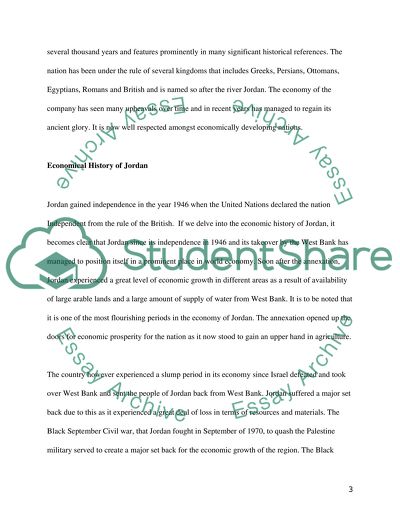Cite this document
(“Jordanian Economic System History to Modern day Term Paper”, n.d.)
Retrieved from https://studentshare.org/history/1395292-jordanian-economic-system-history-to-modern-day
Retrieved from https://studentshare.org/history/1395292-jordanian-economic-system-history-to-modern-day
(Jordanian Economic System History to Modern Day Term Paper)
https://studentshare.org/history/1395292-jordanian-economic-system-history-to-modern-day.
https://studentshare.org/history/1395292-jordanian-economic-system-history-to-modern-day.
“Jordanian Economic System History to Modern Day Term Paper”, n.d. https://studentshare.org/history/1395292-jordanian-economic-system-history-to-modern-day.


